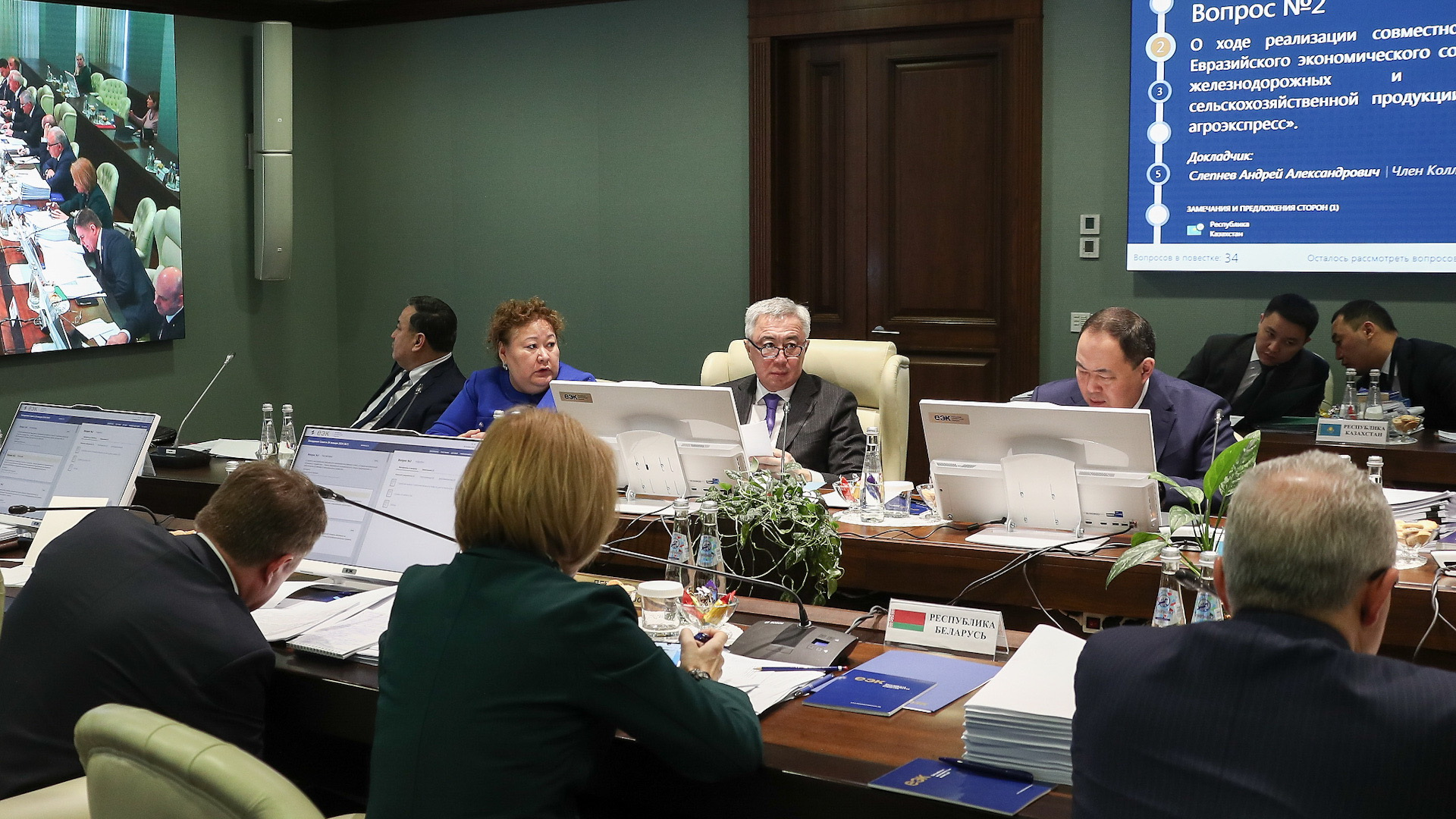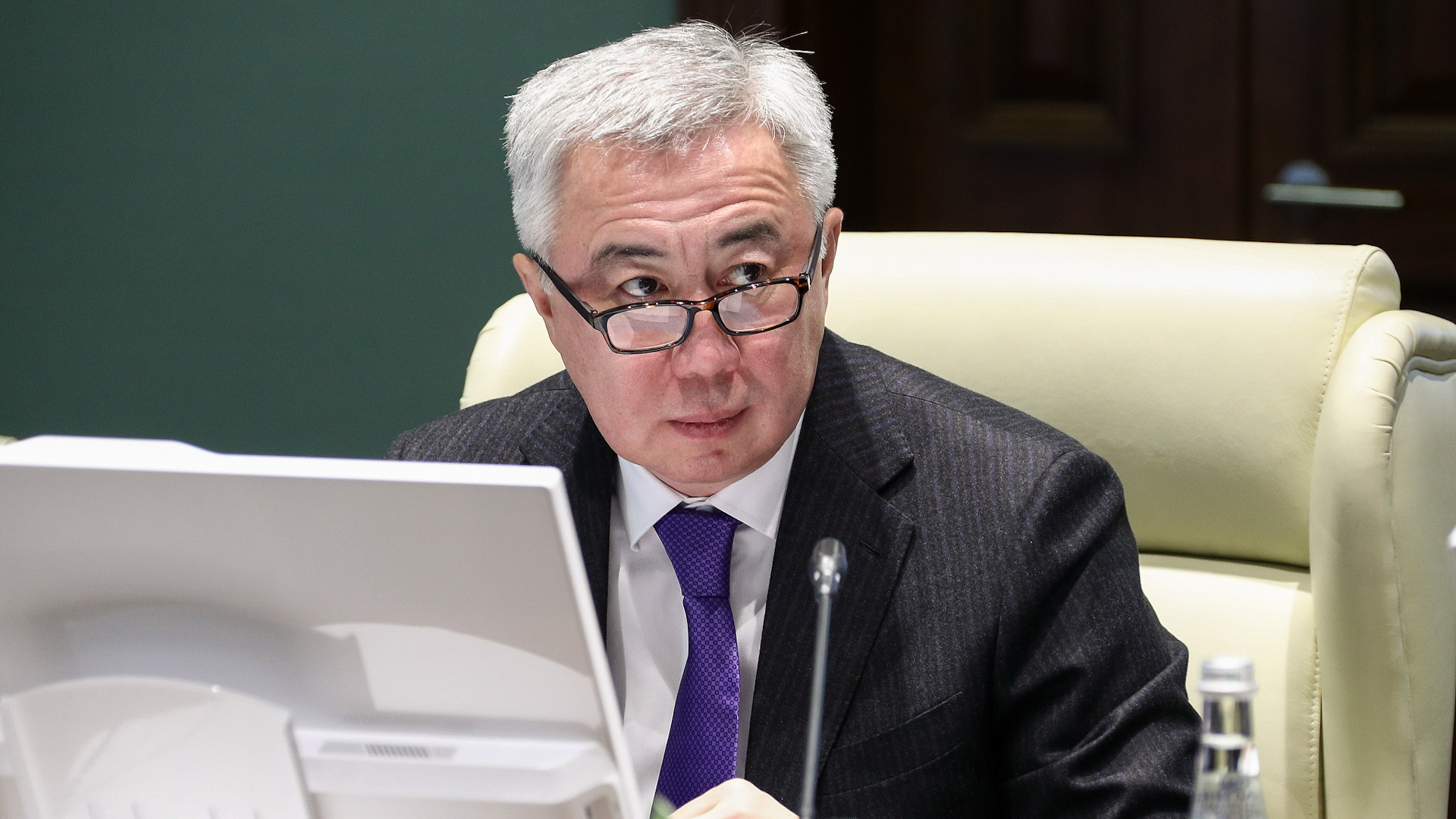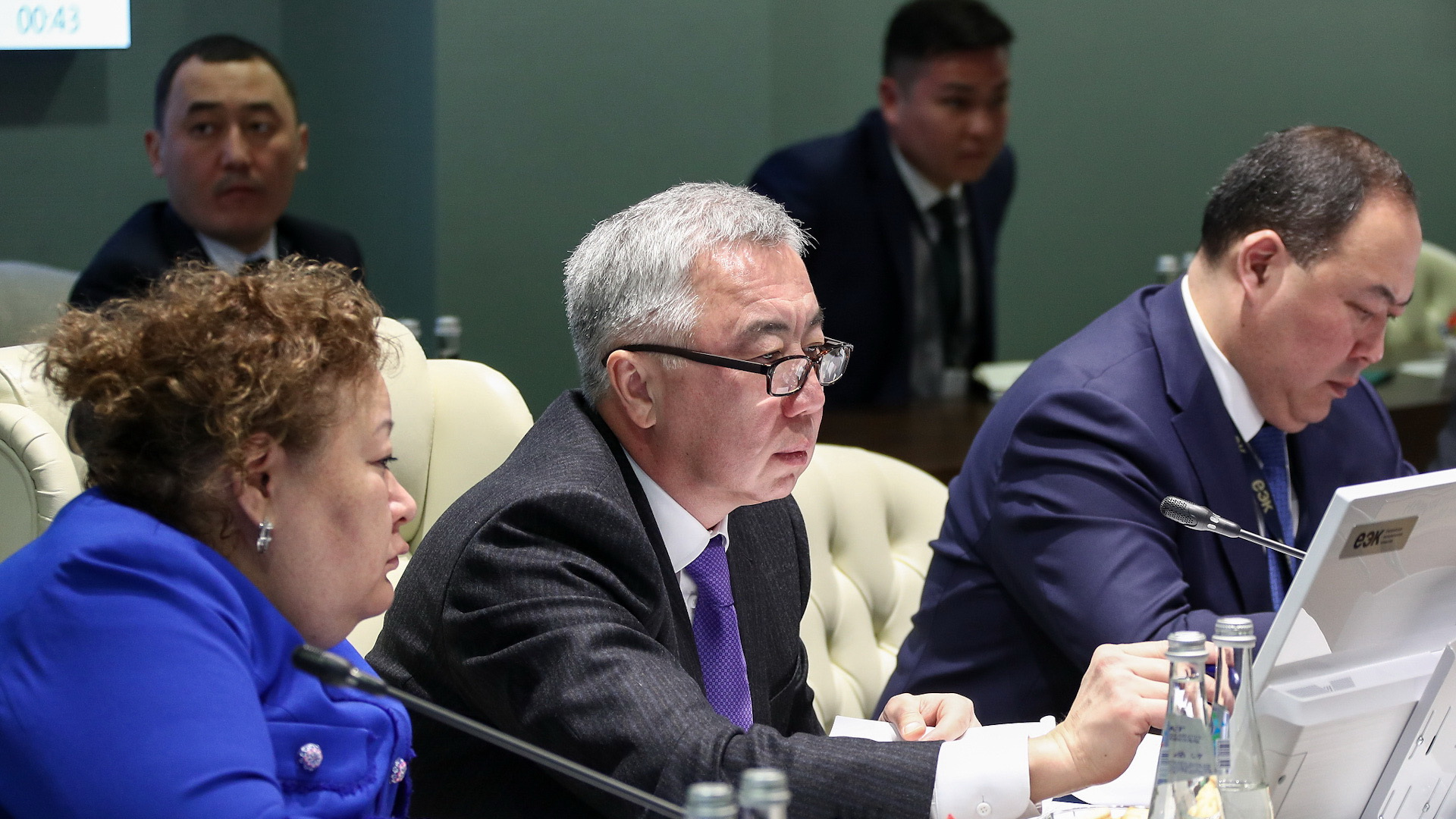At the first meeting of the Eurasian Economic Commission (EEC) Council, the delegation from Kazakhstan, led by Deputy Prime Minister Serik Zhumangarin, highlighted the pressing issue of "gray" certificates within the Eurasian Economic Union (EAEU), the official information source of the prime minister of Kazakhstan reported. These conformity assessment documents are frequently issued with procedural violations or without proper testing, posing a significant threat to the region by fostering counterfeit products and jeopardizing public health.

Kazakhstan reported the cancellation of 200 gray certificates issued in other countries in 2022, with the number escalating to 300 in 2023. Recognizing the severity of the situation, EAEU member countries collectively acknowledged the need for joint, systemic measures to address the issue.
Following extensive discussions, the EEC Council instructed the Commission to compile information on suspended certificates for 2023 issued within the EAEU territory. To facilitate a comprehensive analysis, a high-level working group will be established to develop proposals, which will be presented at the EEC Council meeting scheduled for May 2024.
The formation of this working group signifies a united front against the rising threat of counterfeit products, emphasizing the EAEU's commitment to ensuring the integrity of trade within the economic union.

Kyrgyzstan refrained from supporting Kazakhstan's request for an extension of the tariff benefit for raw cane sugar by 300,000 tons until the end of 2024. While Russia and Belarus, the primary sugar producers in the EAEU, supported the request, the issue is set to be deliberated at the level of heads of government from EAEU countries in early February.
In addition to addressing the "gray" certificate dilemma, the EEC Council, in its January meeting, approved an action plan for the application of uniform measures to protect information within the navigation seal framework. This agreement, in force since the previous year, ensures the control of goods' integrity during road and railway transport, forming a crucial element of the unified customs transit system in the EAEU.
The action plan outlines a series of steps to be taken until 2027, focusing on the development of a comprehensive model to identify potential threats, bolster information security, and define cryptographic protection algorithms and technical solutions.

The Agreement governing the utilization of navigation seals within the Eurasian Economic Union (EAEU) for monitoring transportation was enacted last year. This seal plays a crucial role in overseeing the integrity of goods transported via both road and railway methods. It serves as an integral component of the unified customs transit system within the Eurasian Economic Union.
Additionally, the EEC Council endorsed several decisions aimed at advancing integration processes, particularly in the realms of technical and customs regulation, as well as fostering improved information interaction.
On October 17, 2022, prompted by Kazakhstan, the Eurasian Economic Commission Council sanctioned a set of actions to streamline the obligatory criteria of the EEC for products, encompassing the compulsory evaluation of conformity with established standards. Consequently, a strategic plan within the EAEU member countries has been endorsed to counteract certificates issued with irregularities, commonly referred to as "gray" certificates.
Follow Daryo's official Instagram and Twitter pages to keep current on world news.
Comments (0)